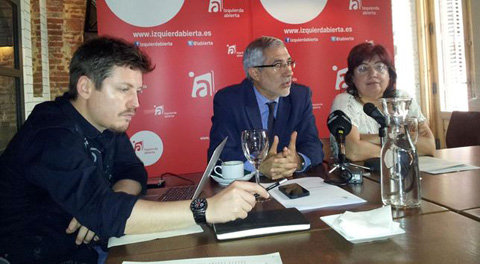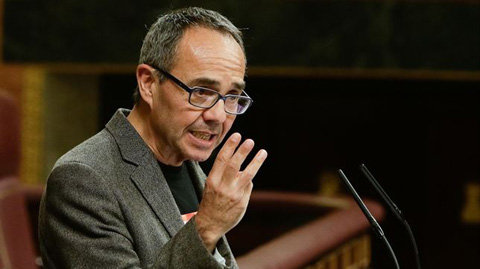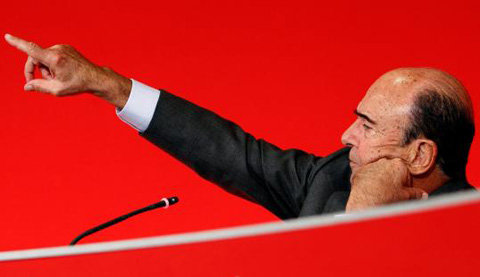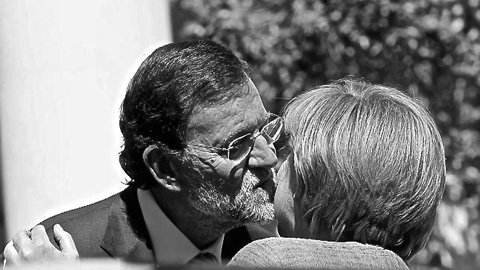Fiji’s FijiFirst party is set to win
21092014
Voreqe Bainimarama-led FijiFirst party is set to win more than 25 parliament seats out of the total 50 seats in Fiji’s 2014 General Election, tally results of the Fijian Elections Office showed on Sunday.
Fiji’s current constitution provides for a unicameral 50-member parliament, which will be the country’s supreme authority and be elected on the basis of one person, one vote, one value. Elections are to be held every four years and every Fijian over the age of 18 is entitled to vote in the single, nationwide constituency.
FijiFirst has secured over 287,000 votes, or around 59.5 percent of the total counted votes, while its arch opponent, the Social Democratic Liberal Party has nabbed only around 137,000 votes, or around 28.4 percent.
The rest five parties and two independent candidates grasped less than 60,000 votes in total. Even if FijiFirst loses all the votes that have not been counted yet, it can still enjoy more than 50 percent of the total votes.
In line with Fiji’s electoral decree, political parties or independent candidates need to secure at least five percent of the total votes to win seats in the parliament, otherwise they are not entitled to any seat.
Therefore, FijiFirst is likely to get around 33 seats and form the next government, while the Social Democratic Liberal Party and the National Federation Party, the only two other parties that have passed the five percent of votes threshold, will get the rest of the seats as the opposition.
Earlier Sunday, Bainimarama delivered his victory speech, promising that he will form a government for all Fijians, regardless of race or religion.
“I am greatly honored and humbled that the Fijian people put their trust in me to lead them into our new and true democracy, my absolute promise that we will govern for the well being of all Fijians,” he told more than 3,000 people at a stadium of the capital of Suva.
Bainimarama, leader of the country’s 2006 coup and former commander of the Republic of Fiji Military Forces, thanked the military “who have stood for the ideal of true democracy” for the support over the years.
“I publicly acknowledge and thank them (military) for their camaraderie, vision, perseverance and their sacrifice. It is their legacy that today we have a democratically elected parliamentary government under an internationally acclaimed constitution with a vast array of civil, political and social economic rights and that will deliver good governance and transparency,” he said.
Last Thursday, a day after the Sept. 17 election voting, the Multinational Observer Group, which has been monitoring the 2014 General Election process, said in their provisional report that in its view, the election is credible, and the outcome of the election will broadly represent the Fijian voters and the conditions were in place for those people to exercise their voting rights freely.
Led by Australia, Indonesia as well as India, the Multinational Observer Group, invited by the Fijian government to observe the election, congratulated the Fijian people on taking the key step in the South Pacific island nation’s return to democracy.
As per the constitution, after a general election, the member elected to the parliament who is the leader of a political party which has won more than 50 percent of the total number of seats in the parliament assumes office as the prime minister.
However, if no one political party has won more than 50 percent of the total number of seats in parliament, it would be up to the members of parliament to nominate and elect the prime minister with a support rate of more than 50 percent. Media agencies


















